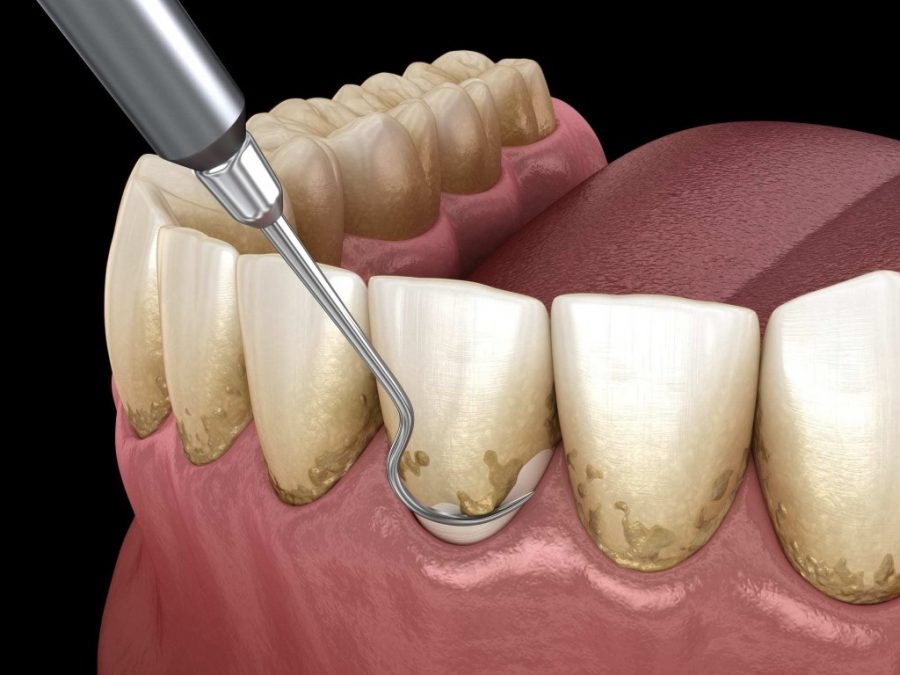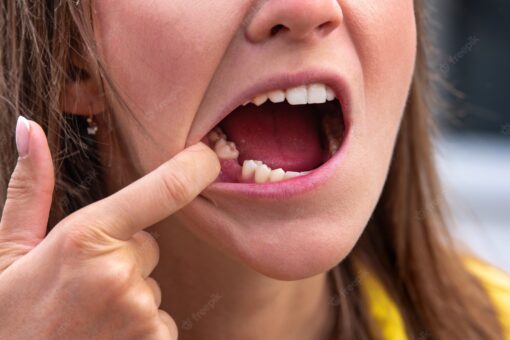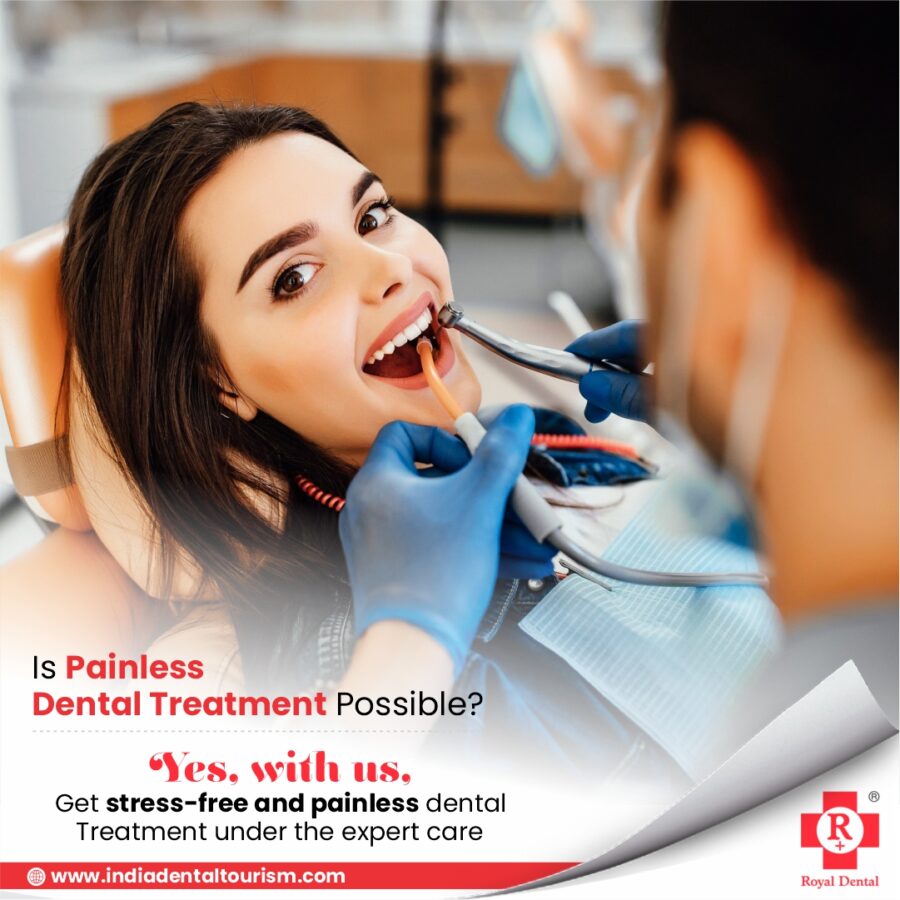Dentists blow air onto their patients’ teeth to remove plaque and contaminants. Patients can experience some strange reactions from the dentist—and not just from the embarrassment of being in that position. But why does this happen? Why does blowing air on someone’s mouth cause their eyes to water and their face to contort? In this blog, we will explore exactly why dentists blow air onto their patients’ teeth as part of their standard check-up. You may find it odd, but there is an explanation for why this happens that makes perfect sense!
Air is pressurized and that can be uncomfortable.
Dentists use air to clean their patients’ teeth. When air is pressurized and released over the teeth, it can feel very uncomfortable. At high enough levels of pressure, it can actually cause pain. This is because the air is being forced over the gums and teeth at a rate that they cannot naturally cope with. The discomfort is often localized to the gums, but can also include the roof of the mouth and the inside of the cheeks. It can even extend to the ears for some patients. When dentists blow air onto your teeth, this is the feeling that you are experiencing.
Dentist use dryers to clean plaque from the mouth.
Another important reason why dentists blow air onto their patients’ teeth is to remove excess plaque. When water shoots over teeth, it helps to dislodge any stubborn bits of food or plaque. The force of the water can be used to suck this matter out of the mouth and off the teeth. Dentists have different devices with which they can use water to clean teeth. They may use a water spray, a water jet, or a combination of both.

These devices allow them to clean teeth effectively without having to apply too much manual force to their patients. They also mean that they can clean teeth for longer. Plaque is an invisible, sticky substance that forms on our teeth. It is naturally acidic and can erode the surface of our teeth over time. Regular cleaning helps to remove plaque from the teeth and prevent this damage.
Dentists use a water spray to help dislodge trapped food.
When dentists use a water spray to clean their patients’ teeth, they can also use it to help dislodge trapped food. Food particles sometimes become lodged between teeth. These are difficult to remove manually. Water can be used to help wash these particles away and allow them to break free.

This helps to prevent these bits of food from damaging teeth. Spraying water over the teeth also has the added benefit of helping the patient to relax. Many people are nervous when they go to their dentist. And water is a very calming substance. It helps patients to feel more relaxed and therefore less likely to tense up or clench their teeth.
Why does blowing air feel so uncomfortable?
Air is a very dry substance and is particularly abrasive when it is pressurized. When dentists blow air onto their patients’ teeth, they are essentially blowing a very abrasive substance onto the teeth and gums. This can cause the patient to feel discomfort, particularly if they have sensitive gums or soft teeth. The dryness of the air can also cause the patient to salivate excessively.
This is because their body interprets the dryness as a signal to produce more saliva. The natural defense mechanism to counteract the dryness is to secrete more saliva. But patients might not produce enough saliva to sufficiently neutralize the air. This can lead to a dry mouth and the irritation of the gums.
Conclusion
When dentists blow air onto patients’ teeth, it has a number of benefits. It can help to remove plaque, dislodge food particles, and improve the patient’s relaxation. It can also be very uncomfortable and cause irritation to the gums. As dentists use air to perform various procedures, they are using a very powerful substance. By using air, they can ensure that they precisely target the procedure they are doing. It is also important to note that dentists do not blow air directly into their patients’ mouths. This would be extremely uncomfortable and likely cause immediate damage to the oral tissue.







